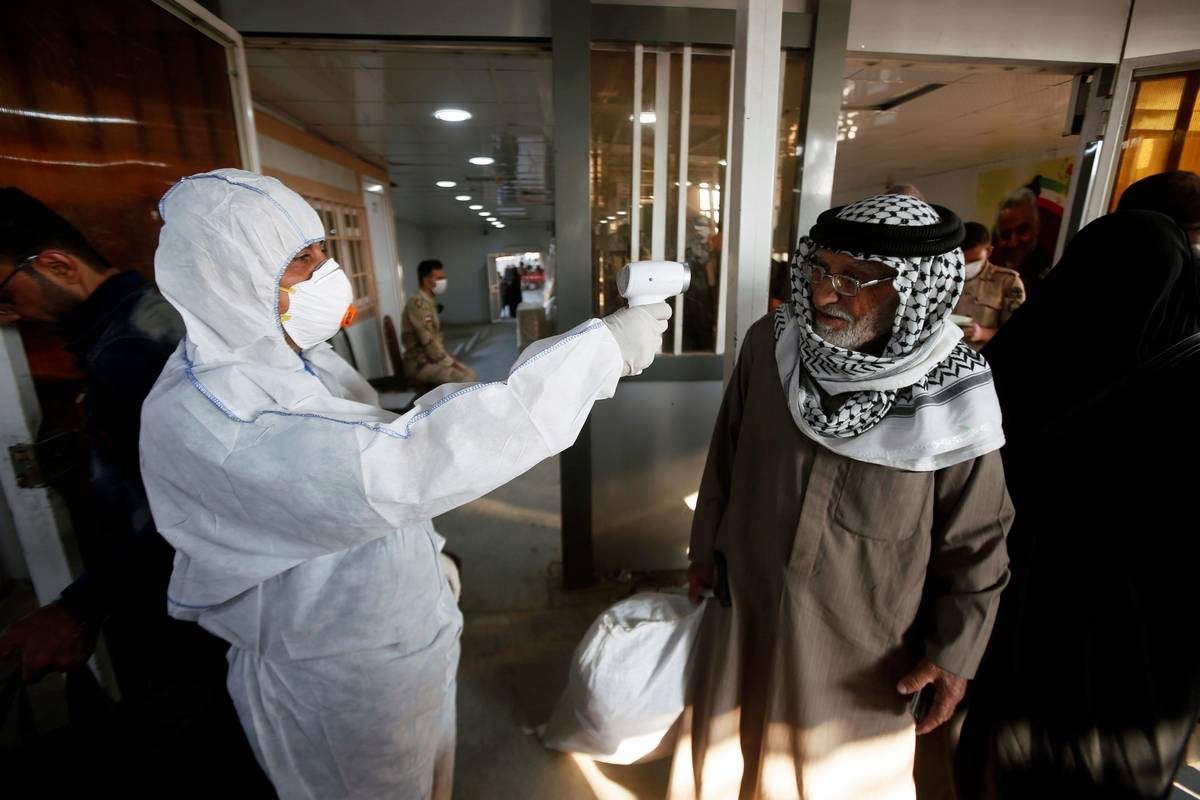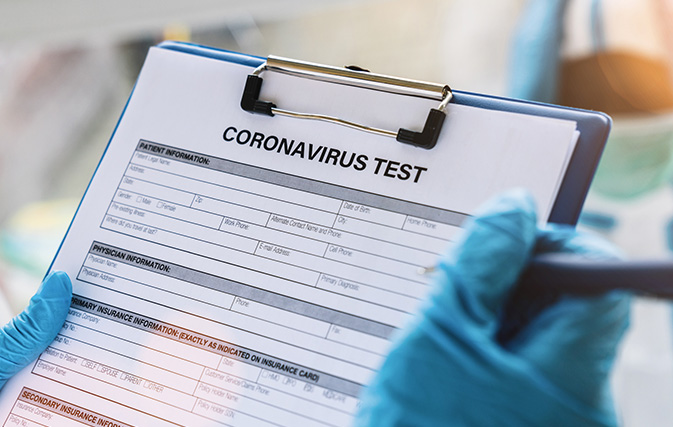In the last two years, the Coronavirus has spread throughout the world and in Iran and has affected all aspects of human life. These conditions have largely affected the travel and tourism industries. Despite the discovery of various vaccines worldwide, the number of people infected with the Coronavirus keeps growing daily. It appears that the Coronavirus will not go away anytime soon!
To avoid this, many countries, including Iran, set rules for allowing travellers and foreigners into their country. Iran’s fifth Corona pick has affected the regulations for allowing passengers at Iranian entry points according to the new conditions. Stay with the Iran Travel Guide Center to know more about Iran entry requirements, the COVID test and Iran tourism rules about the PCR test for travel to Iran during corona.
See also: A coronavirus travel guide to Iran.
Iran’s tourist policies and PCR test rule during corona
1- Suspends visa-on-arrival services for passengers travelling as tourists.
2- You can obtain e-visas before leaving the country by visiting http://e_visa.mfa.ir/en/. A confirmation of the e-visa is required.
3- Passengers who have transited through Brazil or Uruguay for more than four hours in the past 14 days are not allowed entry.

4- Tickets and travel from/to Brazil, India, Botswana, Nepal, Estonia, Lesotho, Malawi, Mozambique, South Africa, Zimbabwe, and Zambia are prohibited until further notice.
5- Self-declaration, Ministry of Health, and commitment forms must be completed and submitted to the relevant authorities before the flight.
6- All incoming passengers over eight must submit a negative Iran entry requirements COVID test result before boarding the airport of origin. The validity period of the test is a maximum of 96 hours, and the test result must be in English and with a valid barcode for review and approval by the Iranian Embassy / Consulate in the country of origin. Passengers will not be allowed to enter without a good test.
7- Despite having a health certificate, all passengers will be re-screened upon arrival at the Iranian air border. If suspicious cases are observed after the PCR test, non-Iranian passengers will be quarantined for 14 days in the designated areas (upon receipt of the fee). And travellers with Iranian nationality will be issued a letter of commitment to stay in home quarantine for 14 days.
8- In all stages of the journey, wearing a mask is mandatory.
9- To prevent the spread of the Coronavirus, wheeled Cabin Size suitcases are not accepted at the airport.
10- Passengers are arriving from Andorra, Argentina, Bolivia, Botswana, Chile, Colombia, Costa Rica, Cuba, Cyprus, Ecuador, Egypt, Fiji, Georgia, India, Indonesia, Kuwait, Lesotho, Libya, Lithuania, Malawi, Malaysia, Mongolia, Mozambique, Namibia, Nepal, Netherlands, Oman, Paraguay, Peru, Portugal, Russian Fed., Seychelles, South Africa, Spain, Sudan, Suriname, Syria, Tanzania, Tunisia, United Kingdom, Zambia or Zimbabwe must apply for an Iran entry requirements COVID test upon arriving and must quarantine at their own expense.
11- Passengers who have transited for more than 4 hours through Andorra, Argentina, Bolivia, Botswana, Chile, Colombia, Costa Rica, Cuba, Cyprus, Ecuador, Egypt, Fiji, Georgia, India, Indonesia, Kuwait, Lesotho, Libya, Lithuania, Malawi, Malaysia, Mongolia, Mozambique, Namibia, Nepal, Netherlands, Oman, Paraguay, Peru, Portugal, Russian Fed., Seychelles, South Africa, Spain, Sudan, Suriname, Syria, Tanzania, Tunisia, United Kingdom, Zambia or Zimbabwe are subject to Iran entry requirements COVID test upon arrival and must quarantine at their own expense.
More info: Iran Tourist Policies During Coronavirus

Tourist Information Detailed
Iranian citizens, as well as holders of valid visas, are permitted entry. For arrivals exempt from any entry ban, a good health certification containing an adverse Iran entry requirements COVID test must be obtained 96 hours before arrival; there is no need for quarantine or self-isolation.
This requirement applies to all travellers over eight years of age, including those with the Covid vaccine card.
It is still possible to travel to Iran via its open borders. Still, no tourist visas are issued to foreigners, and only foreigners intending to travel to Iran for work, study, or medical treatment may apply for a visa.
Finally, we recommend that if you travel to Iran or any other country during the corona, take care of your health by constantly disinfecting your hands, following health protocols, and trying to maintain social distance from others as much as possible. Now, it is mandatory to wear face masks in enclosed public places. If you do not comply, you may be fined.




No comment